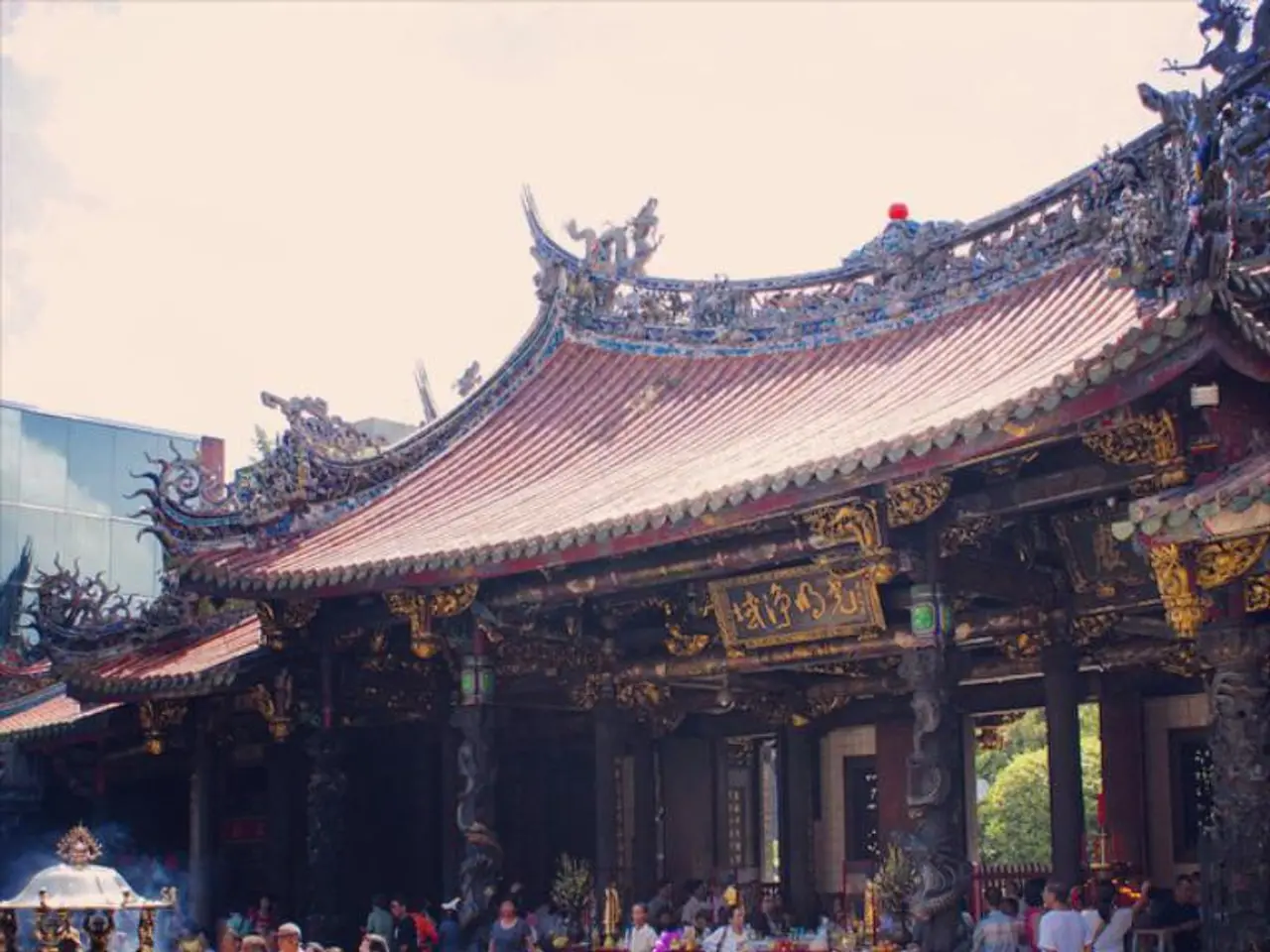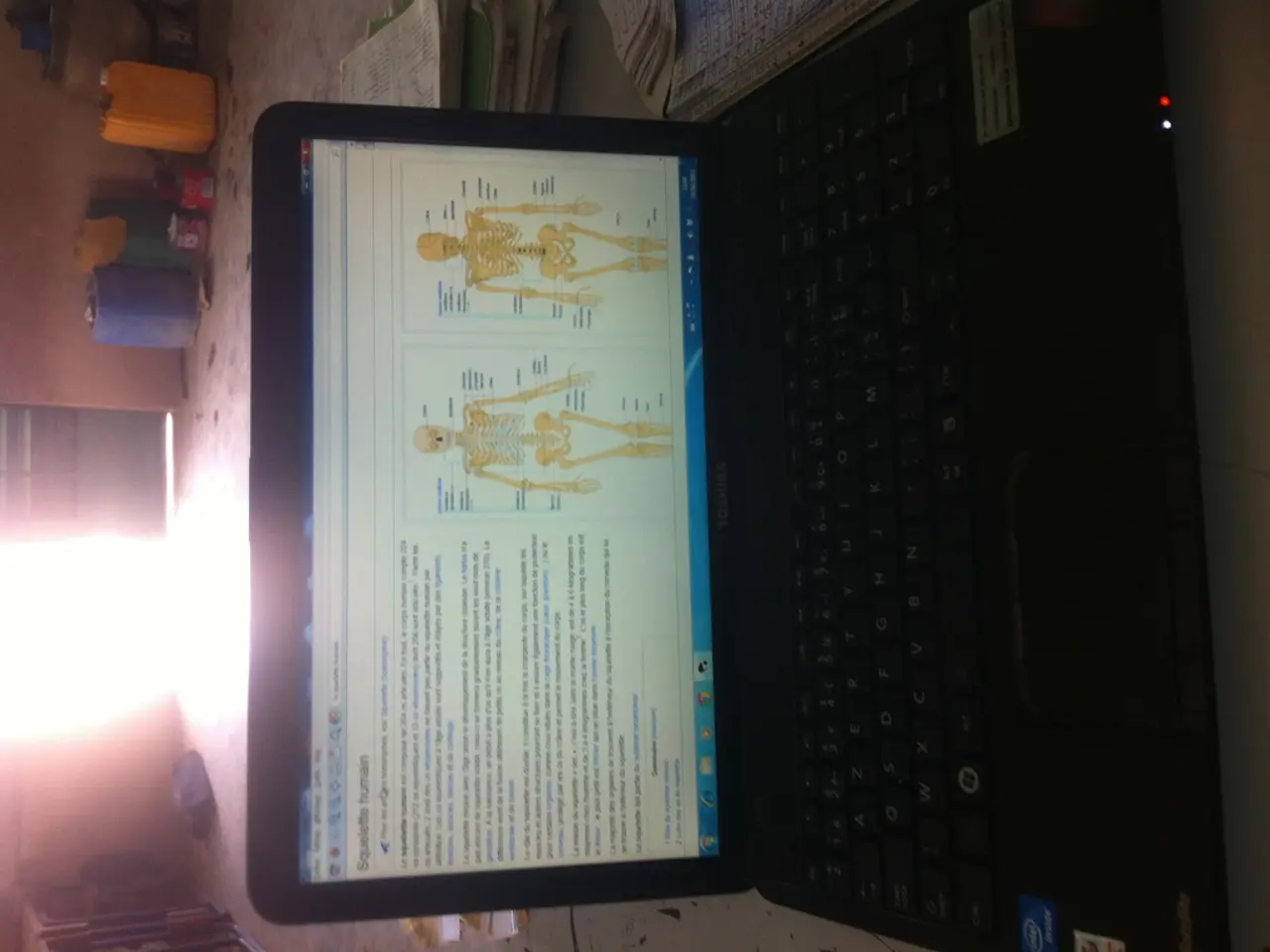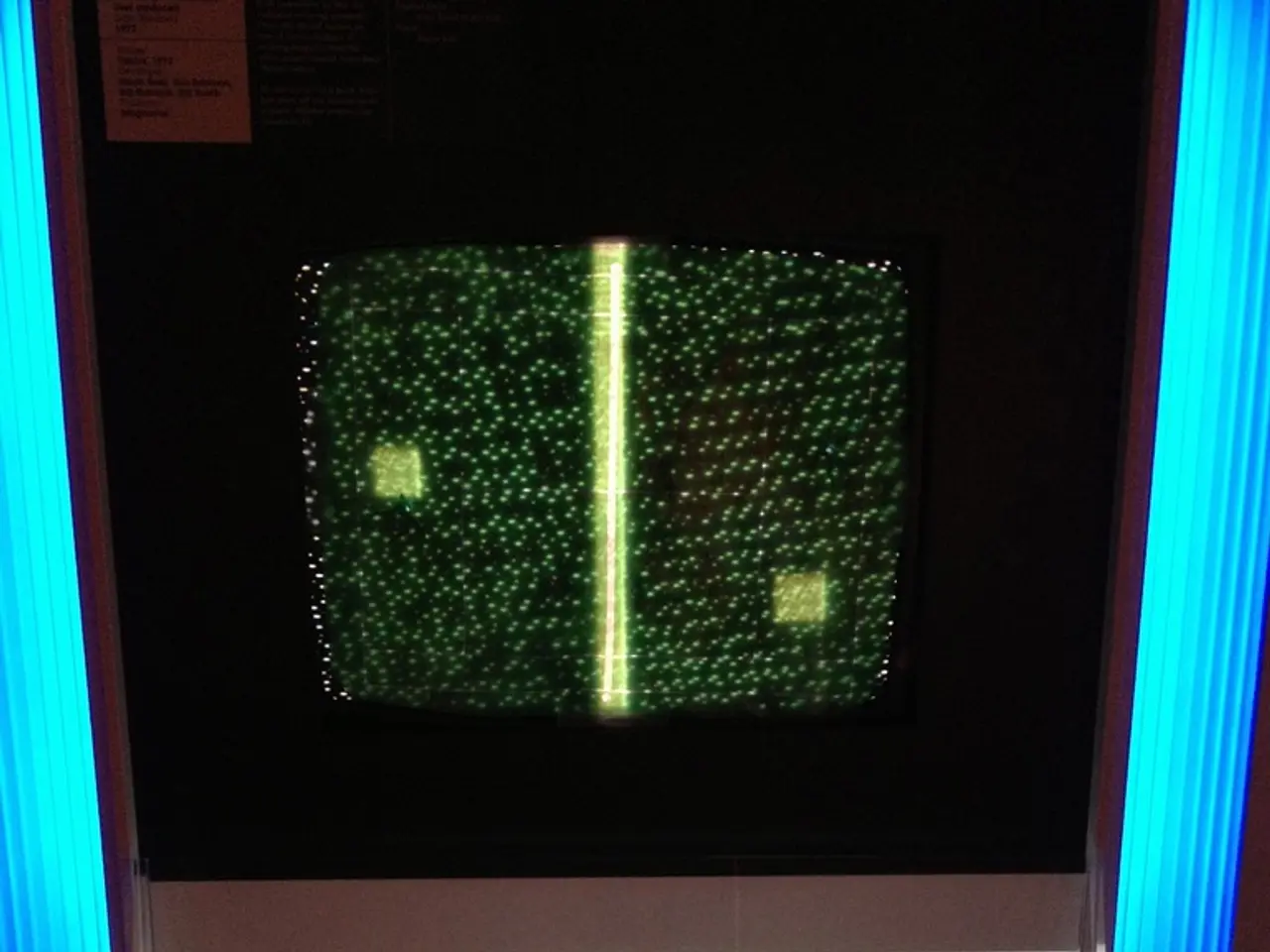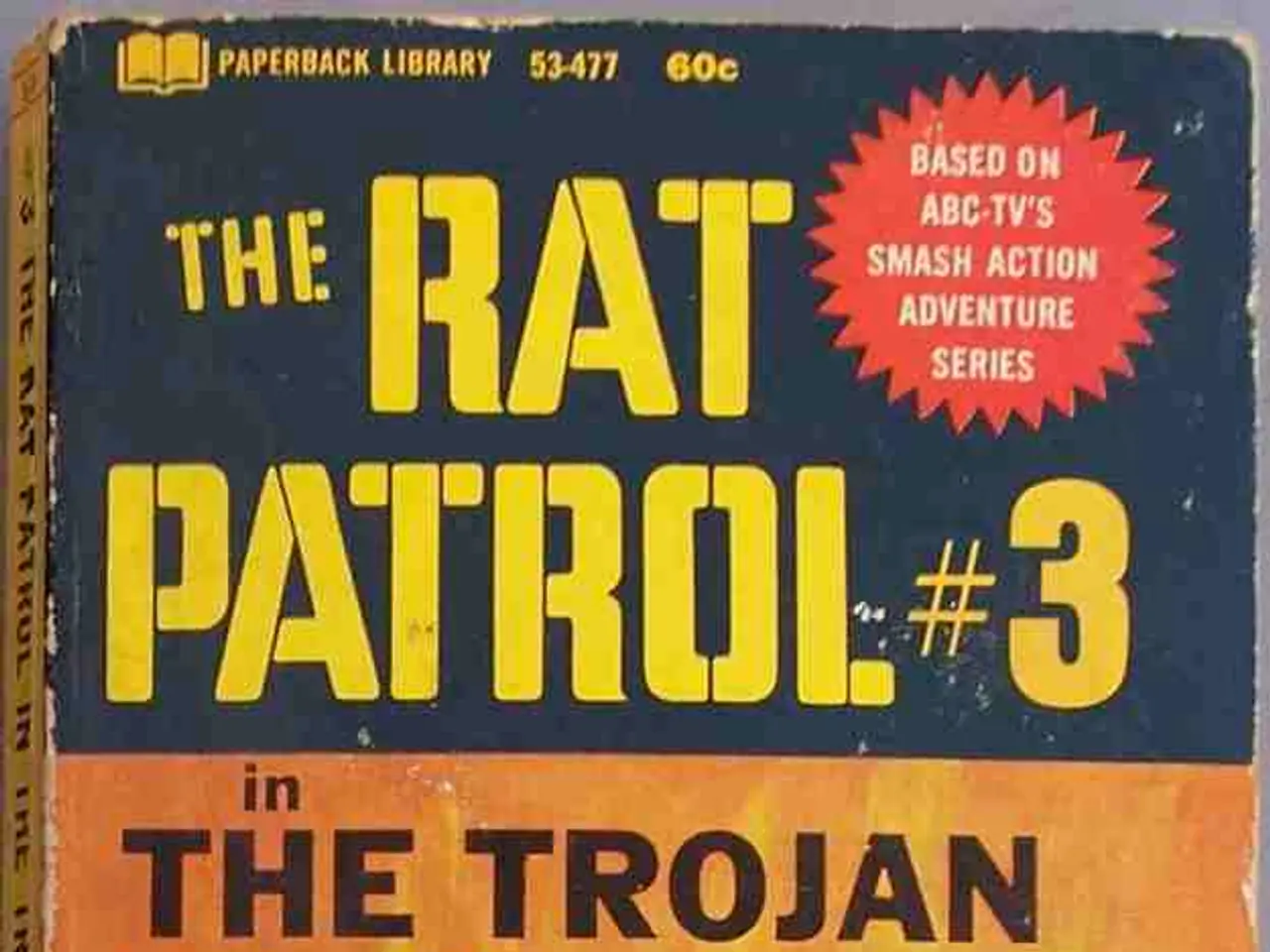Toyota's CEO, Akio Toyoda, discusses Woven City as a key component shaping Japan's future in the realm of mobility.
In a significant return to the spotlight, Toyota Chairman Akio Toyoda graced the stage at the Consumer Electronics Show (CES) 2025, five years after his last appearance. The occasion was marked by a personal touch – Chairman Toyoda donned the same necktie he wore during his previous CES conference, a gesture that received a positive reaction from the crowd.
The reason for Toyoda's appearance was a request from Woven by Toyota, a project close to his heart. He announced that the first phase of construction for Woven City is now complete, with doors set to open in the fall. Located in Japan, Woven City is envisioned as a pioneering, sustainable "living laboratory" that will fundamentally transform mobility and urban living.
Toyoda sees Woven City as a model for global urban futures, a test course for mobility that integrates advanced technologies such as AI, robotics, autonomous vehicles, and IoT sensors within homes and infrastructure. The city's streets are designed with three distinct layers to separate autonomous vehicles, slower shared mobility, and dedicated pedestrian paths, prioritizing safety, walkability, and accessibility for all.
Woven City is designed using carbon-sequestering wood and powered by hydrogen fuel cells and photovoltaic panels, emphasizing environmental sustainability and climate action. Buildings fuse traditional Japanese craftsmanship with modern robotic production, reflecting respect for cultural heritage while embracing future-forward methods.
Chairman Toyoda's vision for Woven City includes a future focused on mobility. He envisions a society where technology, nature, and community coexist harmoniously, promoting equality, health, and happiness. Beyond a blueprint for a single city, Woven City serves as a testbed for new technologies and social models that can be shared globally, aligned with the United Nations' 17 Sustainable Development Goals.
In an unscripted, off-the-cuff conversation with Yuta Tomikawa during a Voice-Only Toyota Times News episode, Toyoda hinted at new plans for the show, retracing the first five years of the Woven City project from conception to the current stage. He also commented on the passage of time, stating that each year feels faster as one ages.
As Toyoda expressed, Woven City is "for those that want to make a real difference in the way we live, in how we care for the planet, and how we care for each other," underscoring his hope that this project guides the future of mobility and urban life towards a sustainable, inclusive, and joyful society.
- The automotive industry, technology, and finance industries are expected to be significantly impacted by the completion of Woven City, as it serves as a testbed for new mobility and urban living technologies.
- Chairmen from business sectors like transportation, technology, and finance may soon gather in Woven City, which is designed to be a "living laboratory" that integrates AI, robotics, autonomous vehicles, and IoT sensors within homes and infrastructure.
- In line with the United Nations' 17 Sustainable Development Goals, the transportation sector, including automotive companies, will likely adopt sustainable practices, such as using carbon-sequestering materials and renewable energy sources like hydrogen fuel cells and photovoltaic panels, as demonstrated by the design of Woven City.




